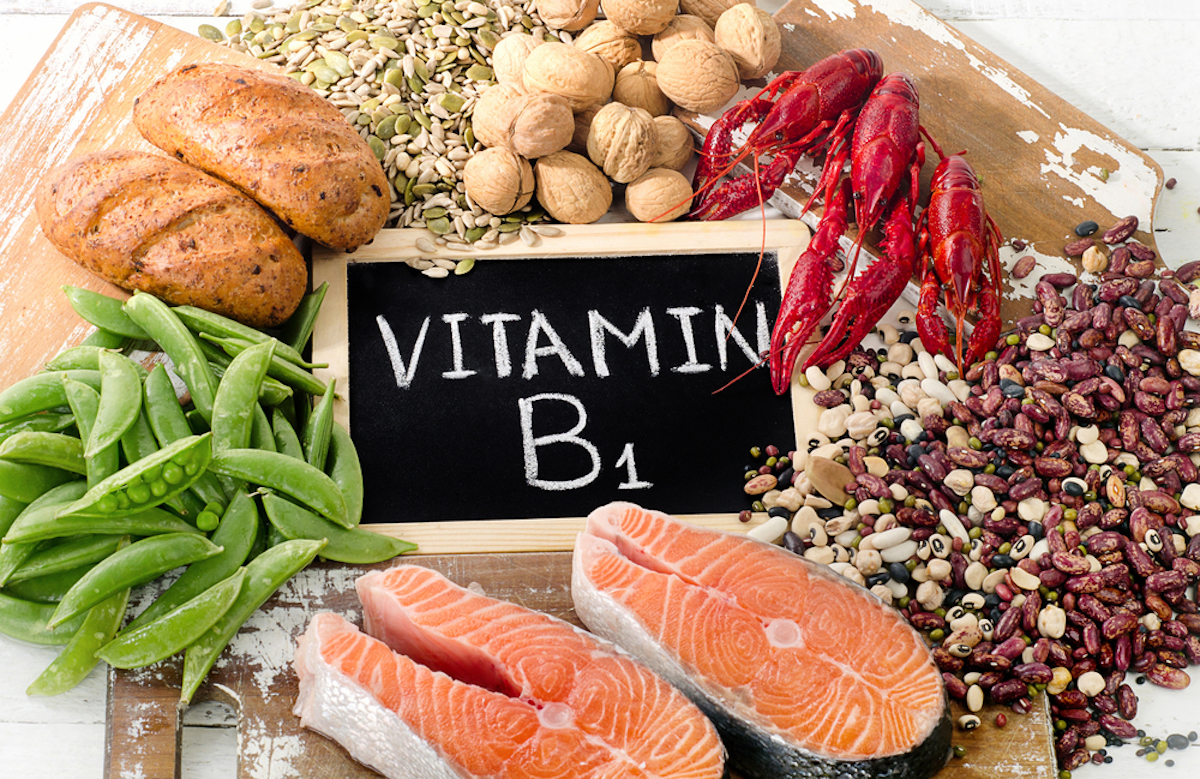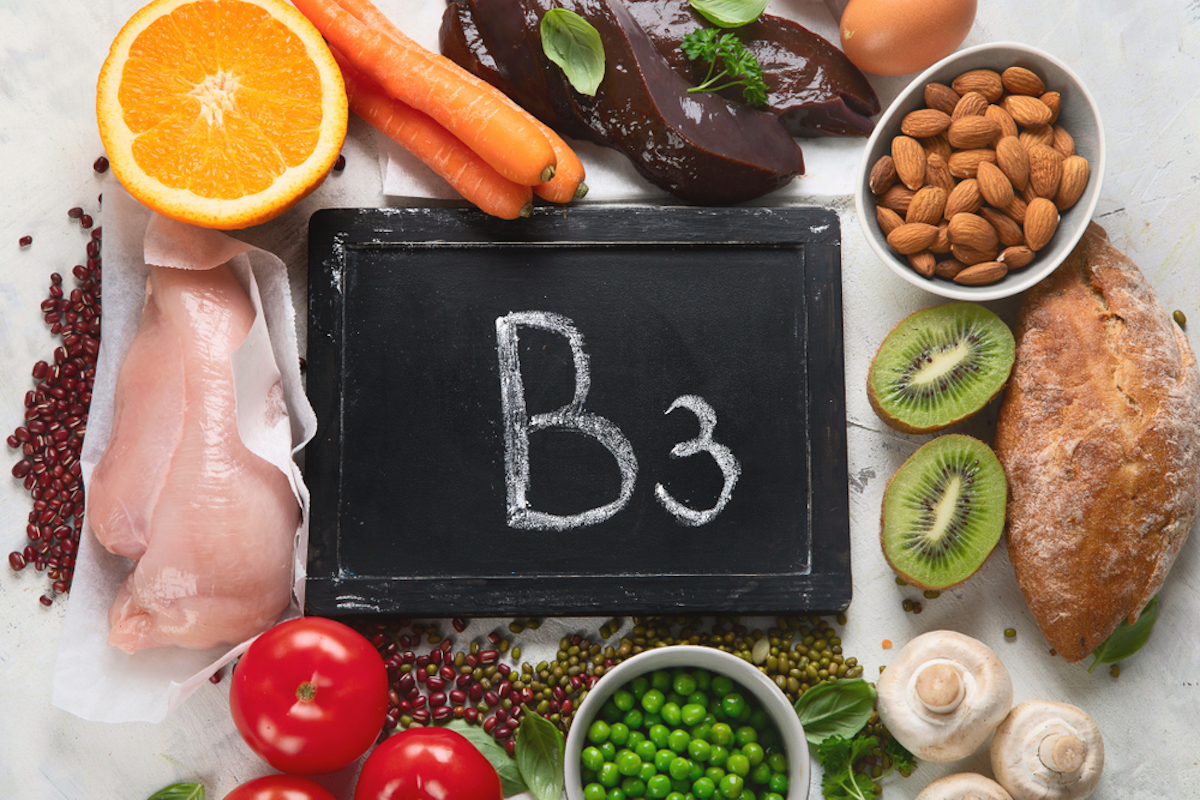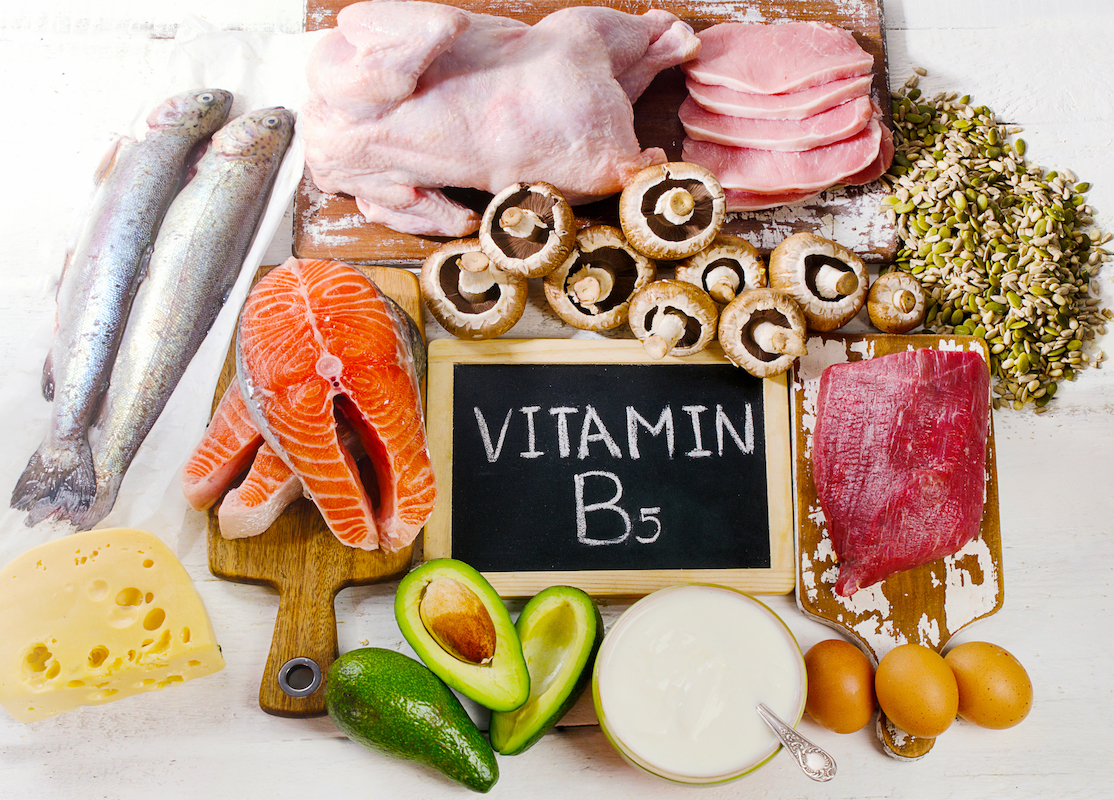According to researchers at Augusta University in Georgia, analyses of over 30 other studies into the long-trumpeted immune-boosting vitamin C shows that it appears to be lacking in many patients who develop serious cases of COVID-19. But the study also concluded that this deficiency might help explain why the virus impacts some people much more than others, especially the elderly. “I view COVID as a model for accelerated aging,” researcher Carlos M. Isales, MD, a co-director of the Center for Healthy Aging at AU, told The Augusta Chronicle. “[Patients] develop a lot of the symptoms you see with aging.” Isales explains that vitamin C levels tend to drop in people as they age, because the “transporters” they require to get into cells decrease.
But don’t go running for supplements quite yet: The researchers also point out that all of the cases considered where vitamin C had a positive impact on a patient’s condition involved it being given via IV drips administered by medical professionals. However, the National Institutes of Health (NIH) does note that vitamin C “plays an important role in immune function,” so making sure you have enough of this vitamin is still for the best. According to the NIH, the appropriate amount is 75 to 90 milligrams of vitamin C per day. Fortunately, there are even more vitamins and minerals that can help you lower your risk of severe COVID. Read on to find out which ones they are, and for more signs to be aware of, check out This One “Wacky” Symptom Means You Have COVID, Not the Flu. If you’re looking to cut both your risk of severe COVID and the overall chances you’ll be infected, consider this: A September study published in the Journal of the American Medical Association found that having a vitamin D deficiency increases your risk of testing positive for the coronavirus by nearly 80 percent. “If you’re deficient in vitamin D, that does have an impact on your susceptibility to infection. I would not mind recommending—and I do it myself—taking vitamin D supplements,” Anthony Fauci, MD, said during an Instagram Live interview with actor Jennifer Garner in September. And for more on how your body is telling you there’s something wrong, check out The Key Symptoms of Vitamin D Deficiency, According to Medical Experts. Did somebody say oysters? A study conducted in Spain over March and April found that patients who had higher levels of zinc in their blood were more likely to survive the disease than those who had much lower levels. “It has long been thought that zinc bolsters the immune system,” Len Horovitz, MD, a pulmonologist at Lenox Hill Hospital in New York City, told WebMD. “A possible explanation in this study is that zinc may have an anti-inflammatory effect that is protective.” And if you’re looking to boost your immune health, avoid these Bad Mistakes That Are Weakening Your Immune System. A report from August found that that B1 improves immune function, can reduce the risk of type-2 diabetes, and can help maintain healthy blood oxygen levels. The findings were important, considering that type-2 diabetes has proven to be one of the biggest risk factors in terms of COVID mortality. A French study published in the journal Diabetologia in May found that 10 percent of hospitalized COVID patients with diabetes died within a week of being admitted. And if you’re concerned about your diabetes risk, here are The Subtle Symptoms of Type 2 Diabetes Lurking in Plain Sight. The same report showed that when combined with UV light, riboflavin has been shown to be effective against the MERS coronavirus, “suggesting that it could also be helpful against SARS-CoV-2,” the researchers write. Inflammation is a major issue for patients suffering from severe COVID. In this case, the condition is usually caused by cytokine storms, which is your body’s overly aggressive immune response that causes it to overproduce the enzymes needed to fight the disease and leads them to attack your own cells instead. Fortunately, vitamin B3 helps combat inflammation. And for more risk factors that should be on your radar, know that People Who Die From COVID Have These 2 Things in Common, Study Finds. The same study on B vitamins also found that B5 has the ability to decrease inflammation and improves mental health. As we now know, controlling those factors can be vital when it comes to COVID-19 survival. According to the authors of the study on B vitamins, low levels of pyridoxine “have been noted in patients with type-2 diabetes, cardiovascular disease, and in the elderly, groups who are at higher risk of poorer COVID-19 outcomes.” Supplementing your diet with this vitamin can mitigate COVID-19 symptoms by both regulating your body’s immune response and decreasing cytokines, they add. And for more on COVID, sign up for our daily newsletter. As a vitamin that helps enzyme production that’s vital in fighting off bacterial or viral infections, it’s clear that folic acid is a health booster—especially amid the coronavirus pandemic.ae0fcc31ae342fd3a1346ebb1f342fcb The authors of the B vitamin study point out among the litany of other benefits that the group has on the body, B12 specifically can help regulate the respiratory, gastrointestinal, and central nervous systems. This is important, since the novel coronavirus has been known to affect all three of those pivotal areas, including the brain, leading to a whole host of long-term effects like delirium and depression.









